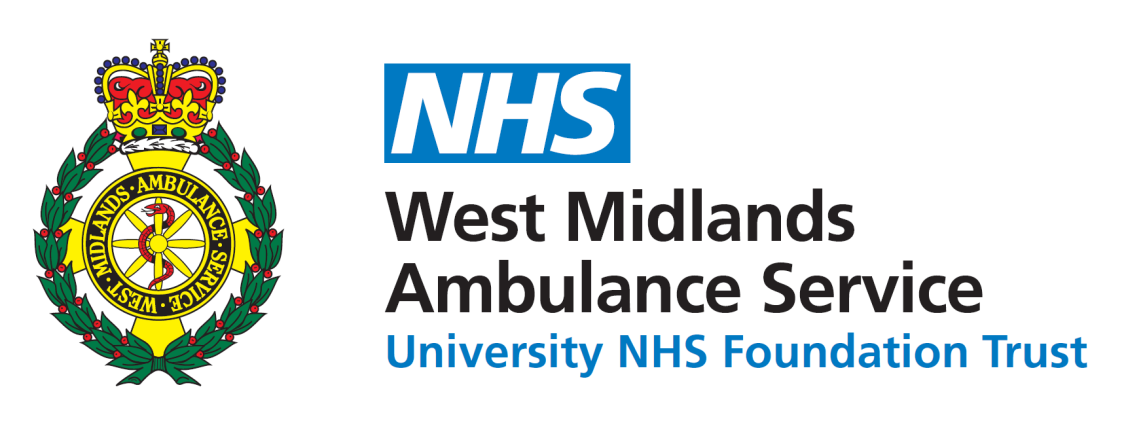Aims
To use artificial intelligence to support frontline clinicians interpreting chest radiographs (CXR) as a way to diagnose Covid-19 and predict the likely outcomes for patients.
Background
Although Covid-19 can be diagnosed using throat and nose swabs, these remain limited in supply in some settings, turnaround times can be slow, and they are only 70% accurate. Chest X-rays, also referred to as CXRs, can help make the diagnosis of Covid-19. However, these CXR are often reviewed by frontline clinicians rather than radiology experts, so subtle changes can be missed, leading to patients potentially being misdiagnosed. Also, CXRs taken when patients with Covid-19 first come to the hospital may help predict what treatments may be needed or how unwell patients are unlikely to become. More accurate diagnoses and early identification of patients who need support should improve outcomes.
Research
Artificial Intelligence (AI) is the development and use of computer systems to perform tasks that require human level intelligence, such as understanding images and making decisions. AI can develop complex rules-based systems (called algorithms) which combine complex information to help support clinical decisions.
The researchers have built an AI algorithm that can predict the likelihood and severity of Covid-19 infections using CXR alone. They now wish to test and improve this algorithm to ensure it works as well in different groups of people, including those with pre-existing medical conditions which affect the lungs, different body sizes and ages. The researchers will also see if the algorithm can be improved by adding the sort of clinical information which is available when people first attend hospital.
This project aims to improve healthcare delivery for Covid-19 by:
- Determining disease severity – The algorithm with allow clinicians to classify patients into high, medium or low severity categories without waiting for a radiologist to review the images.
- Improving decision making – Automated interpretation of scans will help frontline medical staff to make decisions and ease pressure on radiology services. Ultimately this will help direct Covid-19 patients to the appropriate part of the hospital promptly.
- Predicting progression of disease – Allowing patients to be placed in appropriate areas in the hospital, for example intensive care units or normal wards, or be able to go home, based on initial baseline scans and clinical information.
- Supporting hospital planning – Hospitals can make fast and more informed evidenced based decisions on the number of ventilators and intensive care beds.
These initial models will need to be validated in carefully designed clinical trials that will test their robustness and impact on hospital processes. If successful, it could be possible to scale-up tools, models and clinical testing across other hospitals in the UK.
Patient involvement
The project has been discussed with Covid-19 survivors in the post-Covid-19 clinic. Some of these survivors will help explain results to other patients and members of the public. Importantly, these patients will also work with the researchers to help increase confidence and encourage debate about AI clinical decision support tools in medicine.
Approval
This project was supported unanimously by the PIONEER Data Trust Committee.
Principal investigator
Mr Shazad Ashraf, University Hospitals Birmingham NHS Foundation Trust and Microsoft InnerEye, Cambridge




